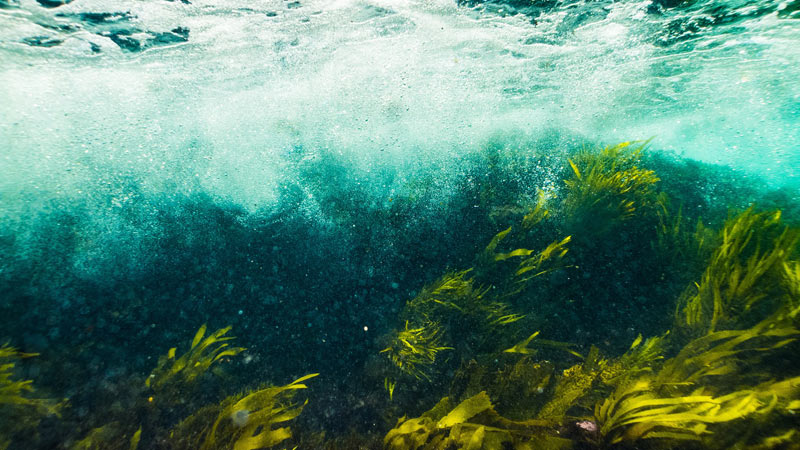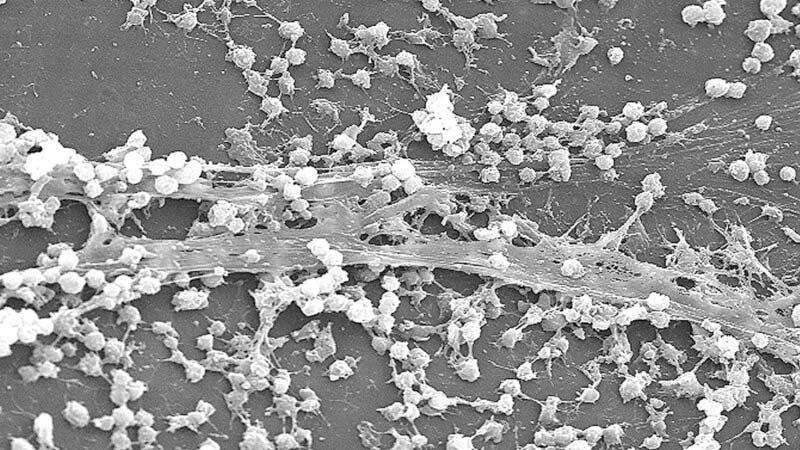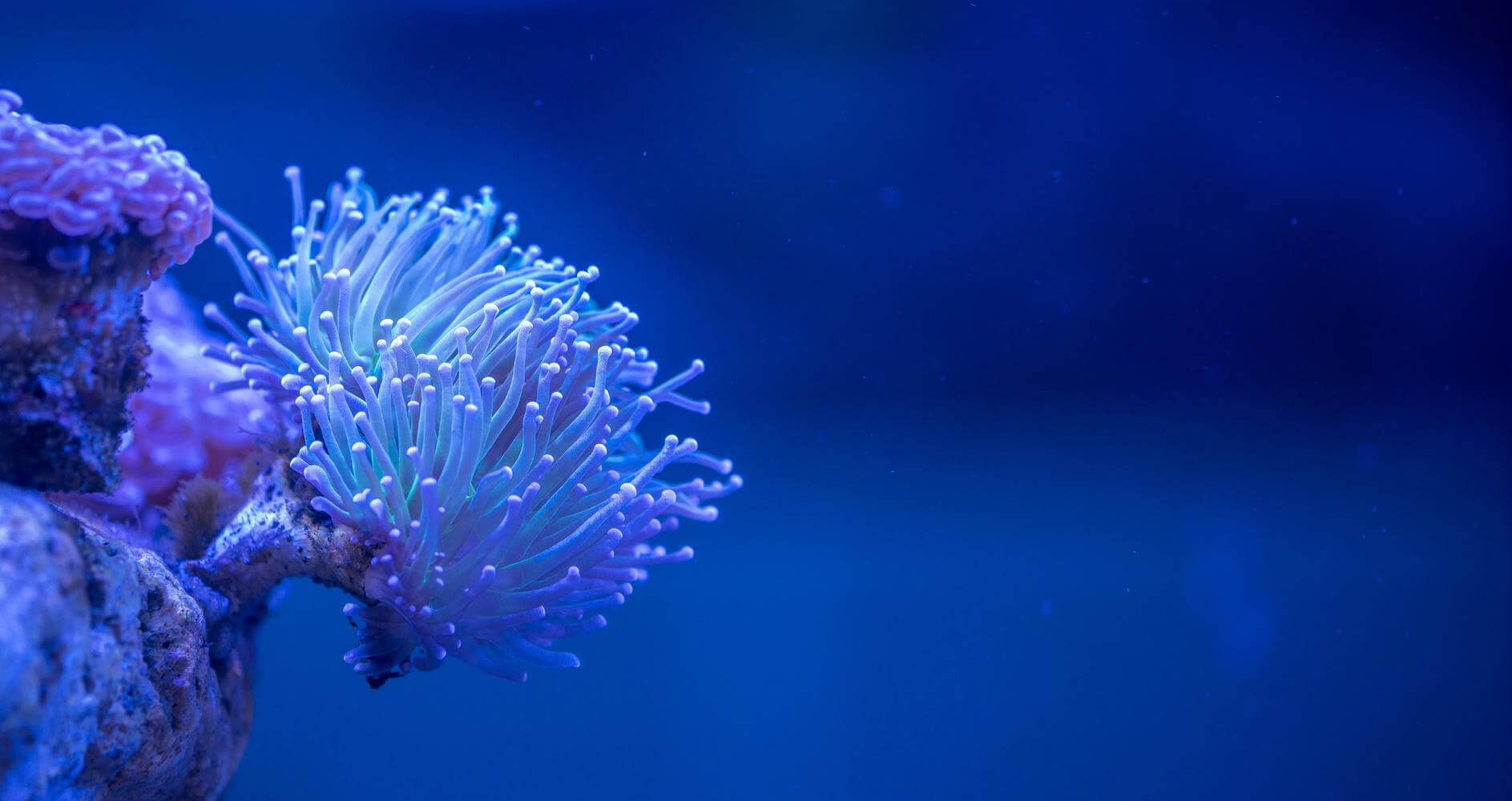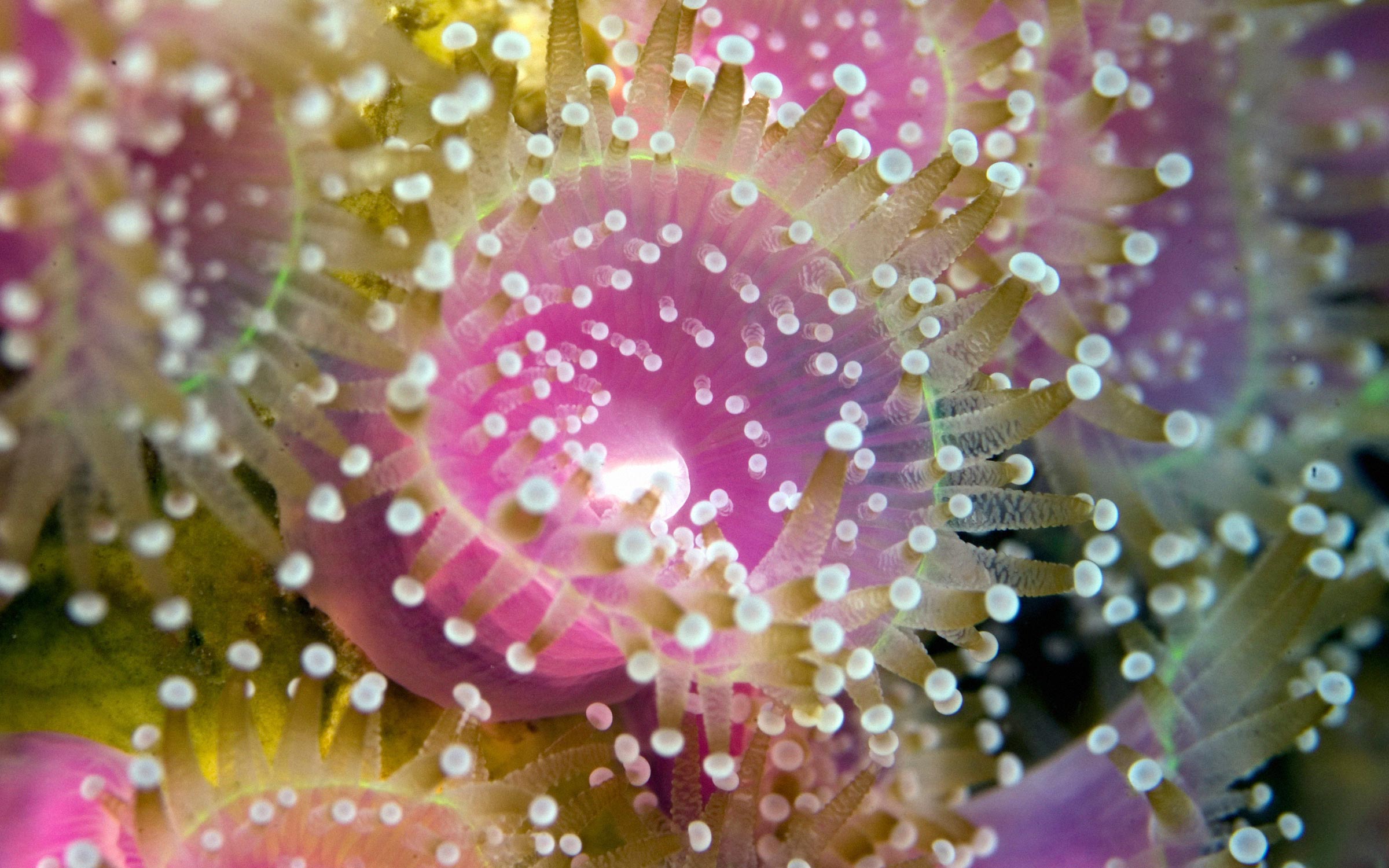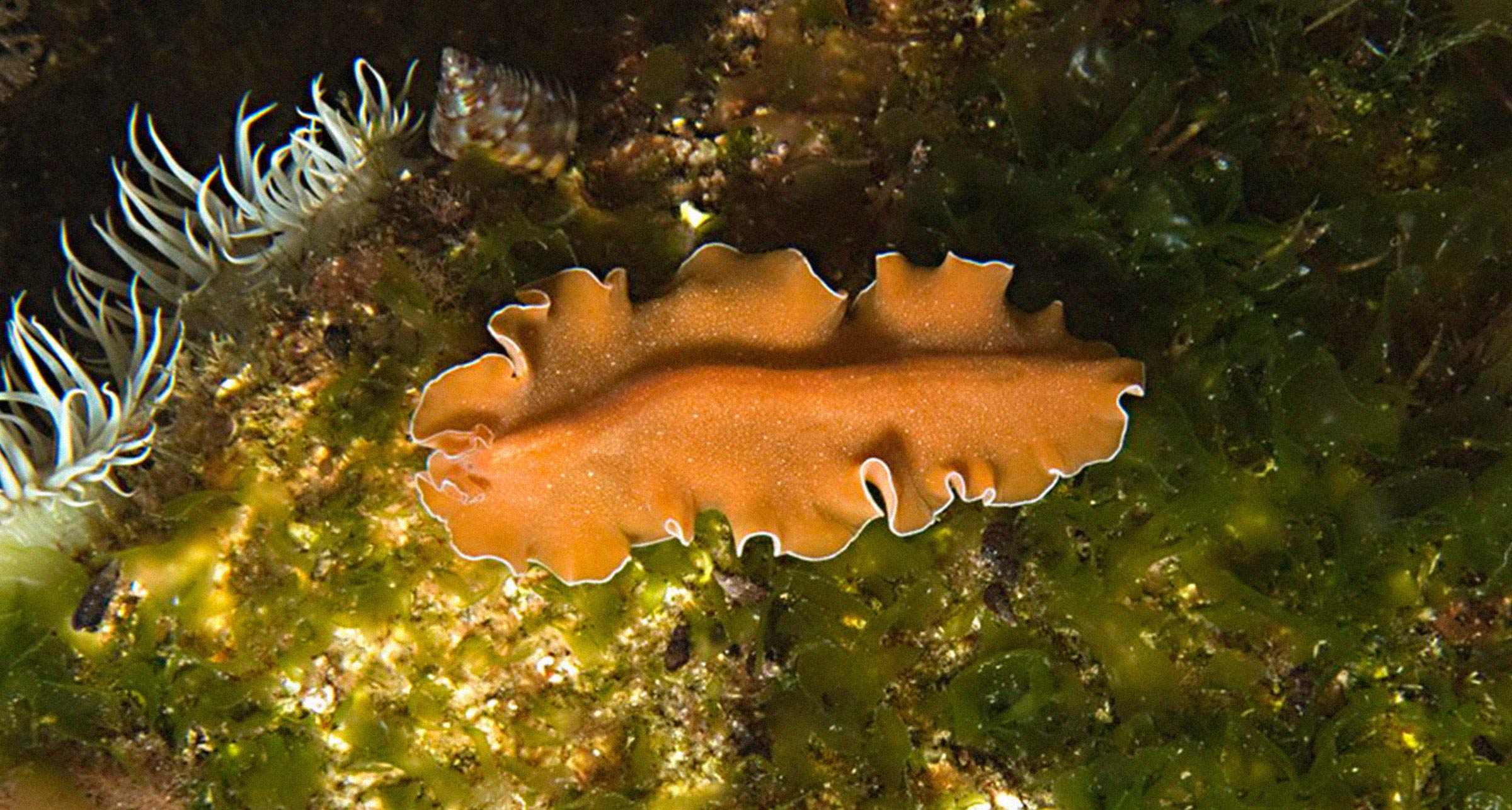MER-CLUB
MERcury CLean-Up system based on Bioremediation by marine bacteria.
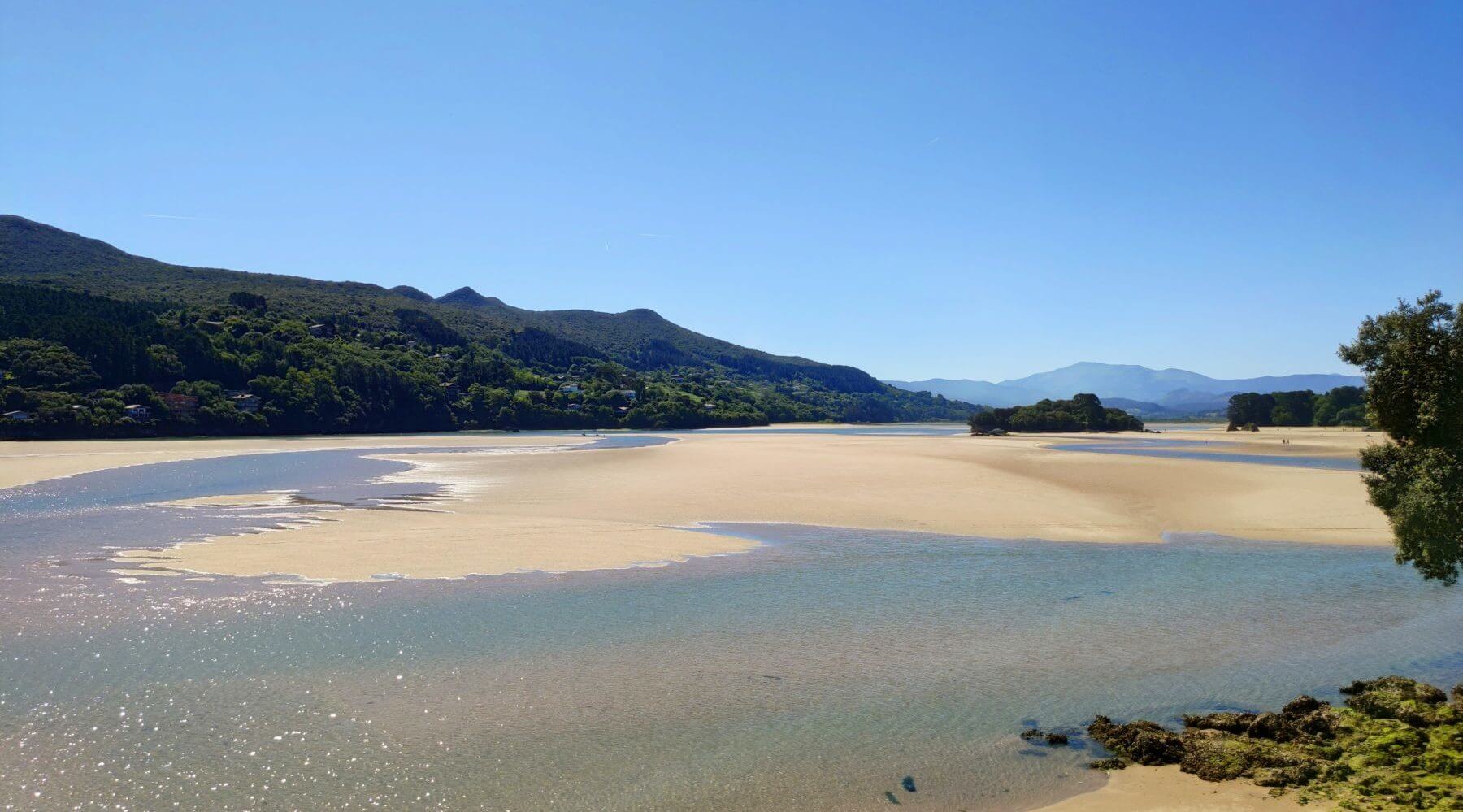
Key results
Progress has been made in the knowledge of those micro-organisms that are responsible for in situ mercury transformations in marine sediments. As a result, a database of genes and genomes of micro-organisms from contaminated sediments has been created and screened to identify those with the potential to detoxify mercury in the environment.
A bacterial culture collection (MERCC – MERCLUB culture collection) has also been created from contaminated sediments of Atlantic (Basque and Cantabrian coast), Mediterranean (Barcelona coast) and Baltic (Swedish coast) origin, which includes strains capable of tolerating high concentrations of mercury. From this culture collection, several bacterial isolates from marine sediments have been identified with the ability to detoxify mercury in vitro, i.e. in laboratory tests with Hg-enriched culture media. One of these isolates is highly efficient, being able to remove 75% of the mercury from the liquid medium in 24 hours, and growing in a wide range of environmental conditions.
During the project, work has been carried out to characterise and optimise the conditions in which this strain can perform, in the future, the detoxification process in contaminated sediments. This has included its growth in bioreactors, its immobilisation in synthetic matrices for bioremediation applications and, in collaboration with the company AFESA, the design of a pilot plant where marine sediment decontamination processes can be carried out.
Context
Mercury (Hg) pollution is a critical problem worldwide, with large socio-economic, environmental and health impacts. Industrial pollution, particularly from chloralkali plants, is destructive to the marine environment at local, regional and global scales, raising serious concerns for ecosystems and human health.
The main way that people are exposed to mercury is by eating fish and shellfish that have high levels of methylmercury, a highly toxic form of mercury, in their tissues.
Objective
MER-CLUB will target the largely unexplored diversity of marine Hg detoxifiers, the isolation of novel detoxifying marine strains, and their application in a clean-up system based on immobilized bacteria able to operate in dredged marine sediments. Combined bioaugmentation and biostimulation strategies will be evaluated and scaled up, from experimental microcosms to a bioreactor pilot study.
The clean-up system will serve as a proof of concept for further development and commercial implementation facilitated by strong stakeholder involvement.
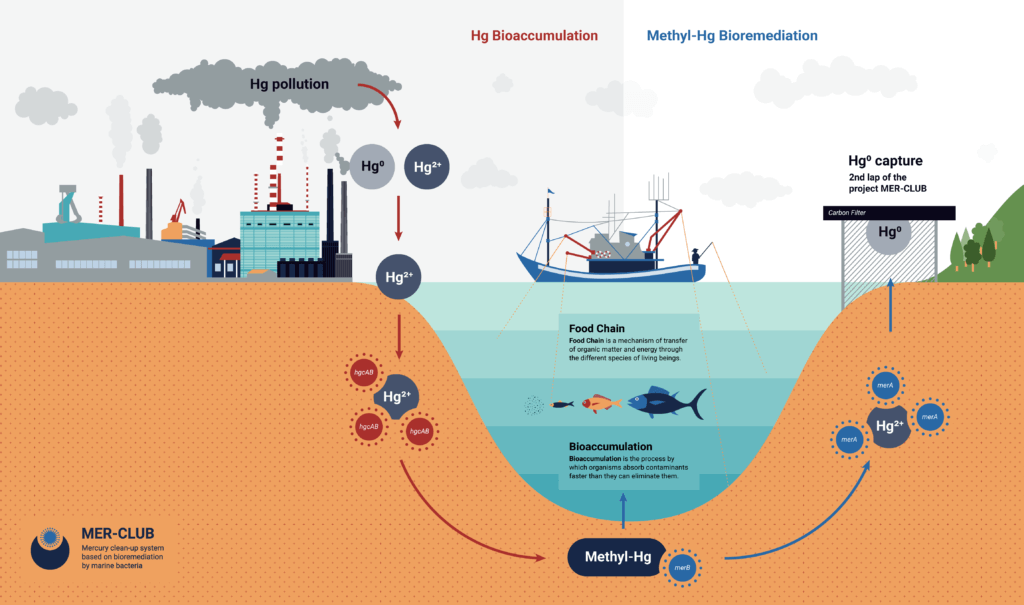
Project Data
| Partners |
AZTI (Coordinator, Spain), AGENCIA ESTATAL CONSEJO SUPERIOR DE INVESTIGACIONES CIENTIFICAS -CSIC- (Spain), SVERIGES LANTBRUKSUNIVERSITET- SLU (Sweden), UNIVERSITAT AUTONOMA DE BARCELONA – UAB- (Spain), UNIVERSITE DE PAU ET DES PAYS DE L’ADOUR- UPPA-(France), AFESA MEDIO AMBIENTE S.A.(Spain), GESELLSCHAFT ZUR FORDERUNG VON MEDIZIN- BIO- UND UMWELTTECHNOLOGIENEV- GMBU-(Germany) |
| Funding |
European Maritime and Fisheries Fund of the European Union (Grant agreement No: 863584 ) |
| Length |
2019-2022 |
| More info |
https://mer-club.eu/ |


